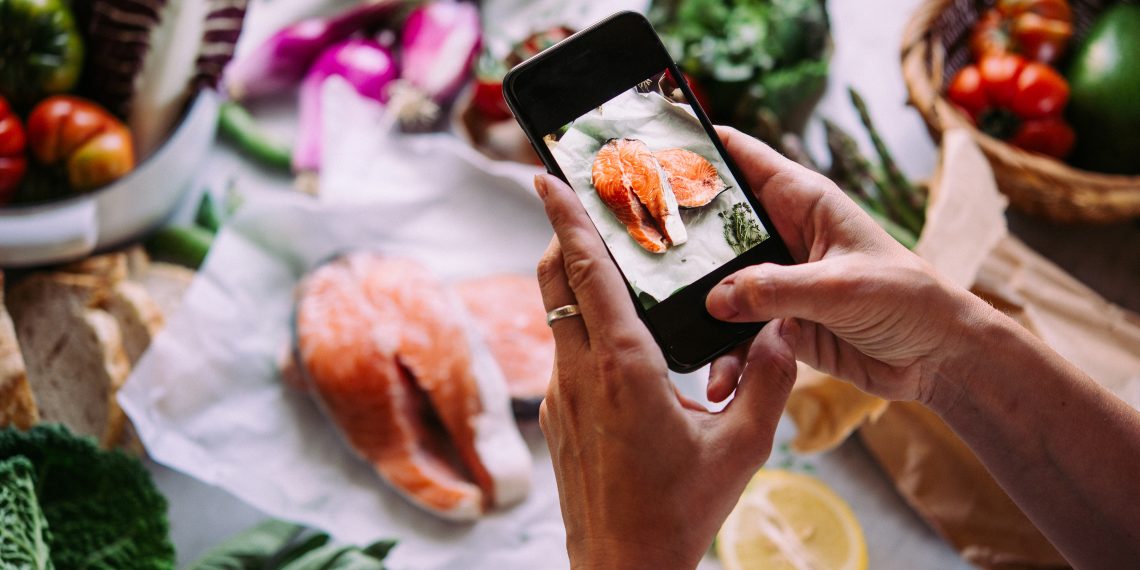Creative, media and influencer agency McKinney is launching its highly anticipated 2023 Food Trends Report. Looking at the top trends that are sweeping the food industry in 2023, this report outlines findings in four core categories: Culture, Wellness, Technology and Social Responsibility, and collalesses around this year’s Marco-Trend: “No Rules.” These trends give a glimpse as to what people seek in life, because our plates mirror the nation’s mood. The trends also offer an explanation of the why beyond what ingredients are “in” or “out” because as consumers’ mood and desires shift, so does our food. The McKinney Food Trends Report is a must read for forward thinking marketers as it offers a glimpse into where hearts and minds are headed.
“With our recent acquisition of a top influencer marketing agency, August United, we have gained many unique advantages including ways to unpack who is truly creating influence today in verticals like food and beverage,” said Jasmine Dadlani, Chief Strategy Officer at McKinney. “When we first started this report 14 years ago, everyone was just getting attuned to celebrity chefs on the Food Network; now, it’s a teenager in their parent’s kitchen posting to TikTok changing how we eat.”
The McKinney Report looks at trends across four key dimensions:
Culture
It’s clear that the rules have changed, and this feeling of permissibility to try new things has made its way to the food world. From Van Leeuwen and Hidden Valley’s collaboration: ranch flavored ice cream to “Pilk:” Pepsi and milk, all rules have been lifted as people embraced “chaos cooking.” This trend allows chefs to step outside of their comfort zones and pair wild foods together without any rhyme or reason and surprise people with a product that’s actually good.
Creators have also been moving beyond their comfort zones by stepping into the food industry. Finding new ways to engage with their fans and monetize their brand. Creators like Dylan Lemay opened up an ice cream concept store where people have to catch their scoops and MrBeast continues to expand his empire from burgers to a variety of packaged goods and ghost kitchens.
Wellness
When it comes to wellness, the trend has shifted away from trusting your gut and instead shifted toward the internet, leading people to get health information from a new source – health influencers. Health influencers have made it harder for people to know what’s legit and what’s a scam as they continue to make “health” claims across social platforms, some completely unfounded. To help combat the myths and call out misinformation, healthcare professionals have taken to social media to use their trusted voice to educate the general public about their food, exercise and overall wellness. Even Poison Control had to step in and inform people of the potential dangers of dry scooping pre-workout when it became a trend on TikTok.
Technology
The report highlights how technology has evolved in the food industry. Since the pandemic, we’ve seen how ordering food has drastically changed as touchless QR code menus and tap-to-pay options were put in place. Now, we’re seeing less human interaction overall when it comes to ordering food. Touchless ordering has turned face-less as the unwritten rules of the service industry are changing, giving customers the option to choose their food ordering journey. Subway has started utilizing smart fridges powered by AI technology, these fridges sell pre-made sandwiches and can EVEN answer questions about any of the available products.
“With AI as an emerging trend, food marketers should continue to lean into technology in a human-centric way, especially given the emotional role food plays in our lives,” said Dadlani.
While technology has reached new heights, the obsession with space exploration has landed on our plates. NASA recently made a huge breakthrough as they successfully grew plants in lunar soil collected during the 1969-72 Apollo missions. Not only is this crucial for space travel, but it also significantly benefits agriculture on Earth in harsh soil environments.
Social Responsibility
The food industry has taken it upon itself to tackle invasive species. As invasive species are threatening plants and animals with extinction, the food industry has set out to make a difference. From getting rid of invasive species through hunting, pesticides and other eradication methods, brands and restaurateurs are fighting back with the help from local hunters, farmers, and suppliers, and turning invasive species into delicious meals and drinks. Florida has started a lionfish tournament offering six figure prizes to capture lionfish, since they have run rampant and have the ability to destroy 80% of local habitat in five weeks. By building a market for invasive species, we are able to both preserve local wildlife and incentivize cutting down invasive populations.




















